New Delhi, June 26, 2024: Magic Bus India has set an ambitious goal of scaling their initiatives to benefit 65 lakh youth in India over the next five years. The Foundation has played a pivotal role in training and empowering young people with life and employability skills. Through its Adolescent Programme, the organisation has empowered 15 lakh adolescents in 2023-24, equipping them with life skills to achieve school, life, and work outcomes. In the same year, the Livelihood Programme, which is aligned with the International Labour Organisation (ILO) and National Occupational Standards (NOS) framework enrolled over 1.25 lakh youth and placed over 80% in sustainable jobs providing them with transferable life and employability skills. Over the last 25 years, Magic Bus has empowered the lives of nearly 34 lakh young people.
Speaking about their approach, Jayant Rastogi, Global CEO, Magic Bus India Foundation, stated, " Over the years, we have seamlessly integrated technology to achieve efficacy, transparency, credibility, and good governance, enabling us to reach more young people and deliver innovative solutions that empower them with the tools and support they need to succeed. Our team of passionate people, robust processes, rigorous programmes, and strong partnerships have enabled us to bring millions of young people into India’s growth narrative. The ongoing success of Magic Bus is rooted in our agility and forward-thinking mindset, as we continually seek new opportunities to amplify our impact and drive systemic change at scale. Today, Magic Bus stands as one of India's largest direct implementation NGOs, pioneering life skills education and skilling for young people at scale.”
Magic Bus operates through two key programmes: the Adolescent Programme and the Livelihood Programme. The Adolescent Programme equips adolescents aged 12 to 18 years with life skills education, fostering higher-order thinking, analytical skills, and socio-emotional learning essential for success in the 21st century. The Programme is implemented using two approaches: Direct staff-led programme and Government partnership programme.
The Direct programme involves Magic Bus' trained life skills and academic educators delivering experiential, activity-based life skills education and Foundational Literacy & Numeracy (FLN) skills to adolescents in schools and Community Learning Centres (CLCs) respectively. The programme supports adolescents to make a smoother school-to-work transition. Over the past year, this programme has reached over 3.31 lakh adolescents, engaging 2,155 schools and 335 CLCs across 23 states and UTs.
Through the Government partnership programme, Magic Bus operates at-scale and has established partnerships with eight state governments to deliver life skills education. The engagement with the state government focuses on system change. This involves collaborating with multiple verticals of the department such as State Council of Educational Research and Training (SCERT), District Institute of Educational Training (DIETs), and other departments like youth affairs and sports, tribal-welfare department, among others.
The Livelihood Programme introduces an alternative approach to skills development, focusing on transferable life and employability skills to help young individuals aged 18 to 25 secure sustainable jobs in the service sector. The programme prepares first-time job seekers for the job market by developing their skills tailored to specific job segments. This support helps them succeed in their careers, and build their individual agency, leading to doubling the family's annual income with their economic contribution. The establishment of 117 livelihood centres across 17 states, along with the engagement of over 1,052 colleges signifies the successful collaboration with community and educational institutions to amplify the programme's reach and impact.




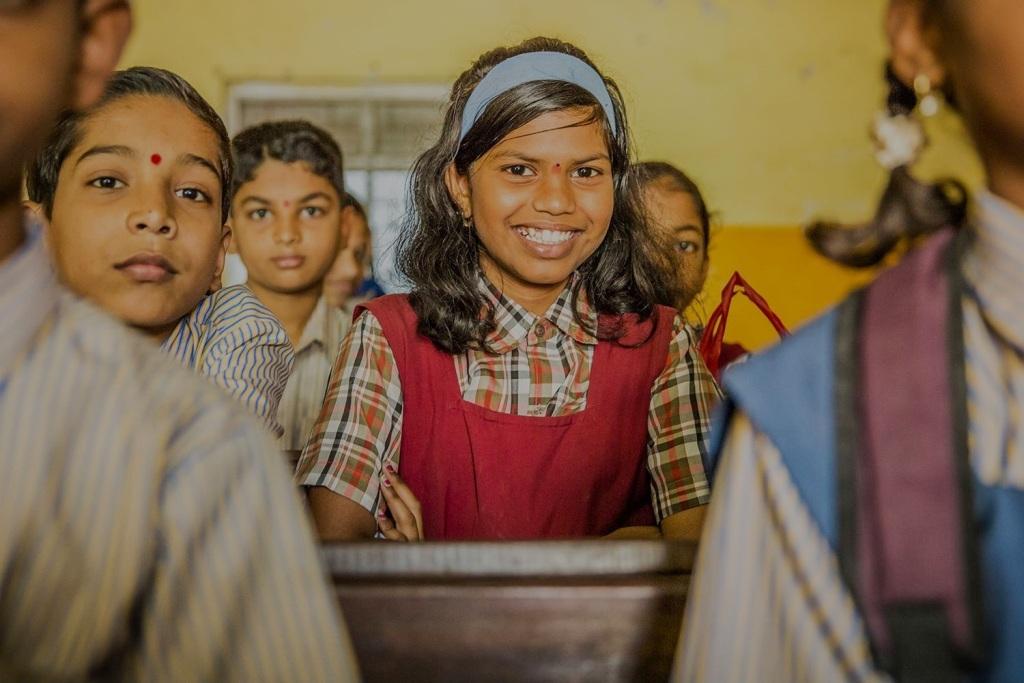

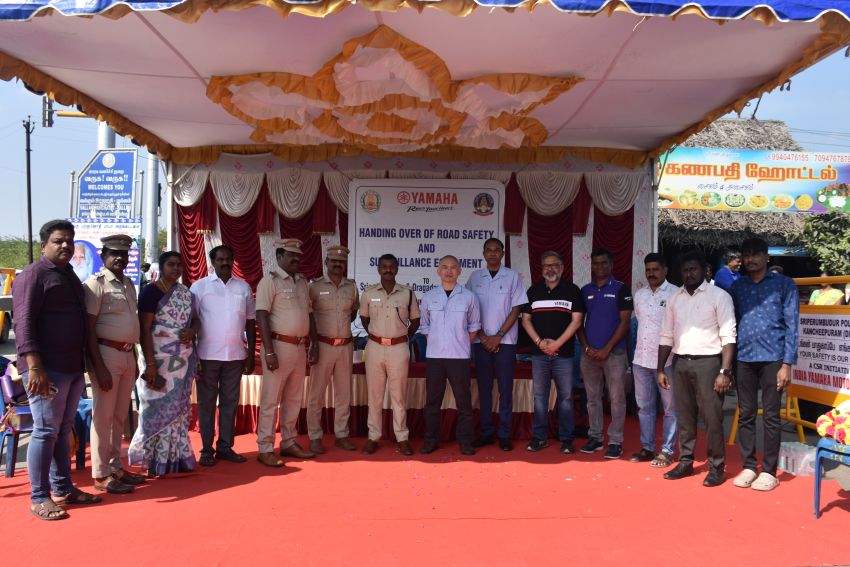
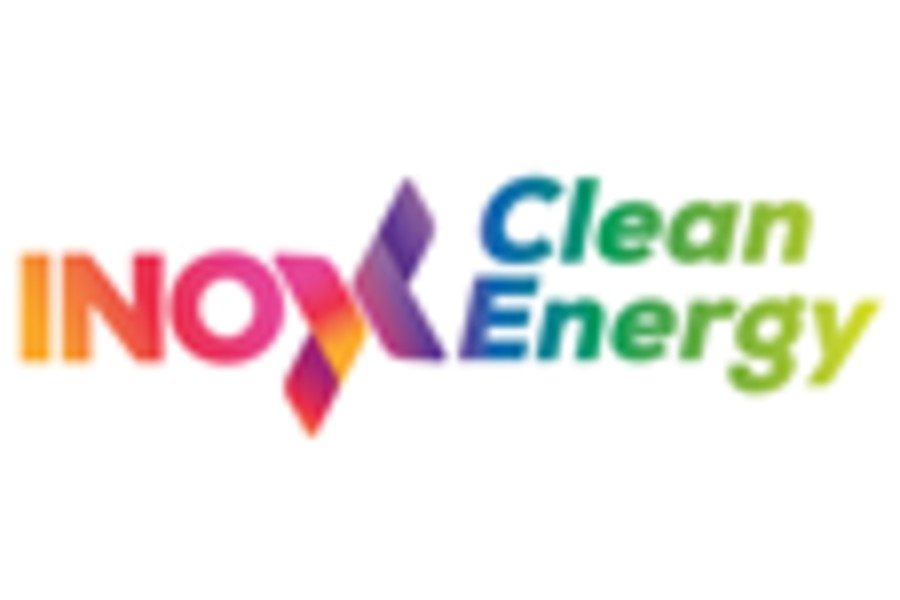
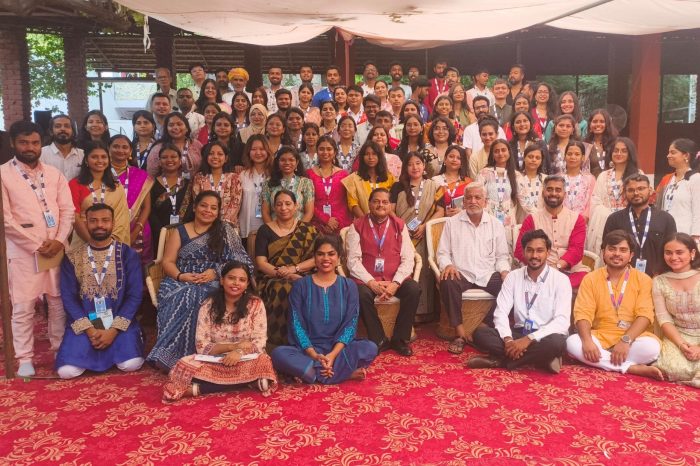
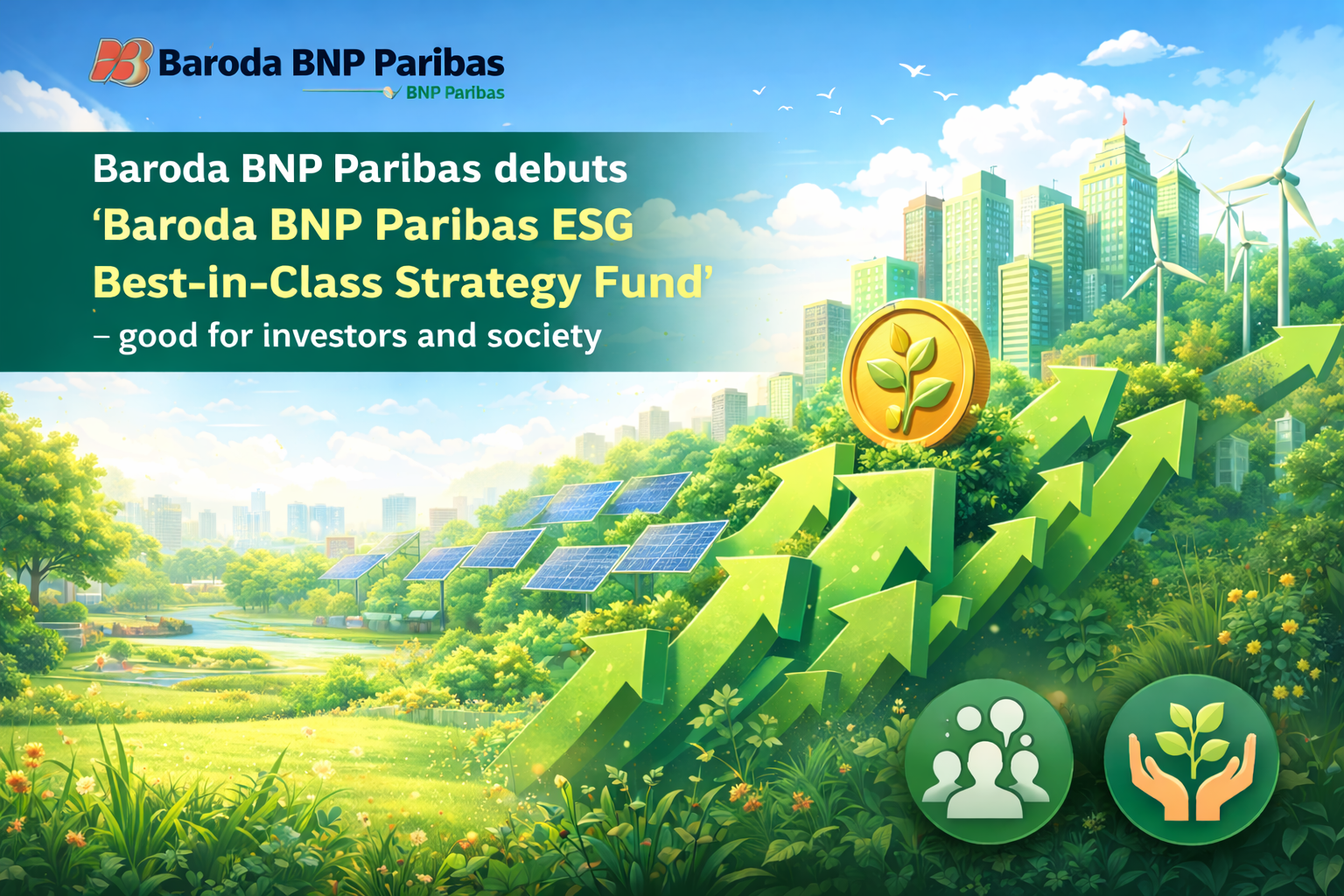

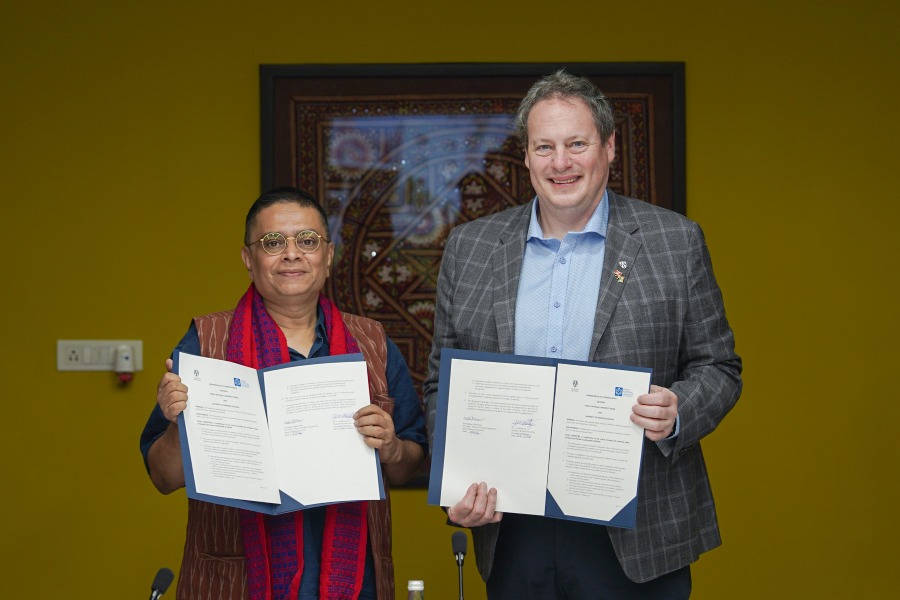
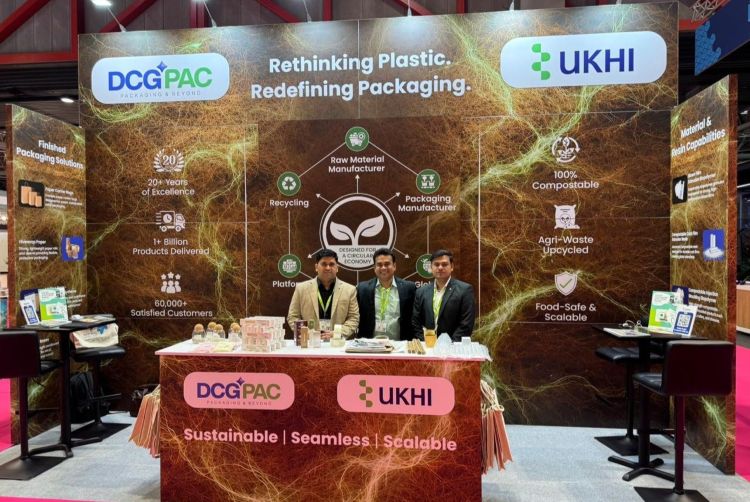



.jpg)



